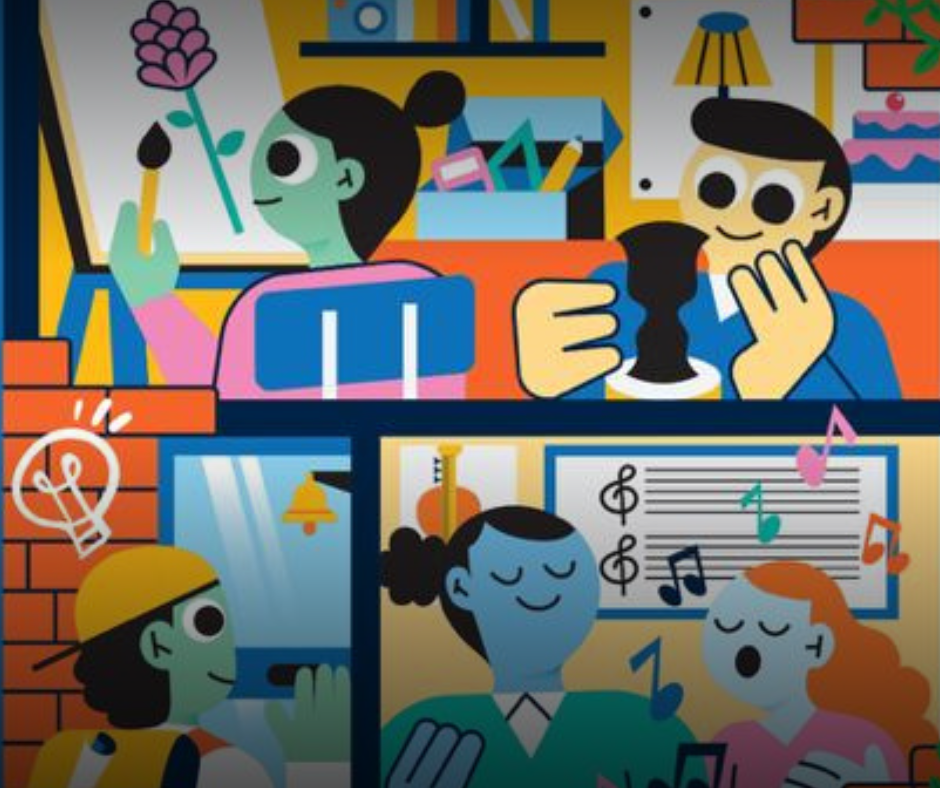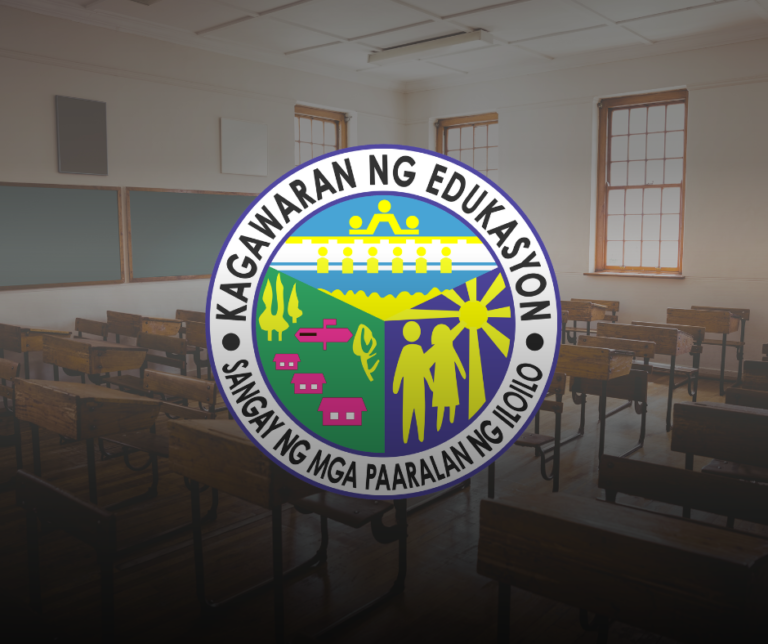Gatchalian on PISA 2022 creative thinking report: Too much focus on memorization

Senator Sherwin “Win” Gatchalian said the country’s dismal ranking in the 2022 Programme for International Students Assessments (PISA) Creative Thinking Assessment report shows the old-style memorization techniques that are still prominent in Philippine schools today.
“Marami sa ating sistema ngayon [ay] memorization pa rin eh. Hindi na ‘yan kailangan, [ang] kailangan marunong ka mag-isip [Many parts of our system still rely on memorization. That’s no longer necessary; what we need is for people to know how to think],” the senator told The EdLines on Thursday.
The PISA assessment on creative performance tested students based on four domains: written expression, visual expression, social problem solving and scientific problem solving.
In each domain, students engaged with open tasks that have no single correct response, such as providing multiple, distinct responses or to generate a response that is not conventional. These responses could be a solution to a problem, a creative text or a visual artifact.
“Critical thinking, creative thinking, innovation and creativity. ‘Yan ang kulang ngayon sa atin. So, dapat gamitin natin ‘yang resulta na ‘yan para ayusin ang ating curriculum [Critical thinking, creative thinking, innovation and creativity—those are what we are lacking now. So, we should use these results to fix our curriculum],” he reiterated.
Gatchalian also said the report may also hint at the low comprehension of students in reading.
“Evidence yan na nagsasabi na ang mga bata, marunong magbasa pero hindi naiintindihan ‘yong binabasa at hindi nila iniisip kung ano ang binabasa nila. [That is evidence that shows that the students know how to read but they cannot comprehend what they are reading and don’t think about what they are reading],” the lawmaker said.
The PISA 2022 report said that most countries and economies that scored above the OECD average in creative thinking outperformed the OECD average in mathematics, reading and science, suggesting a correlation between creative skills and reading performance.
However, the report also suggests that one can excel in creative thinking without excelling in academic domains. In the Philippines, for example, only 1% of top performers in creative thinking are also top performers in mathematics and 2% are top performers in reading—these proportions are way below the OECD averages of 20% and 17%, respectively,
The senator, who is also co-chair of the Second Congressional Commission on Education, said the government can use the latest creativity report to create strategies that could improve children’s critical and creative thinking skills.
Based on the results posted Tuesday, 15-year-old students from the Philippines who participated in the test scored only 14 points on average, far below the Organization for Economic Cooperation and Development (OECD) average of 33.


